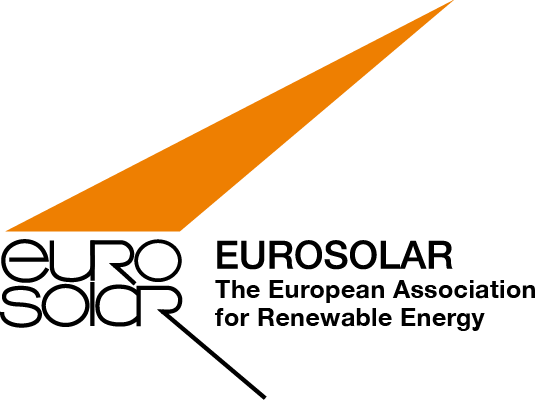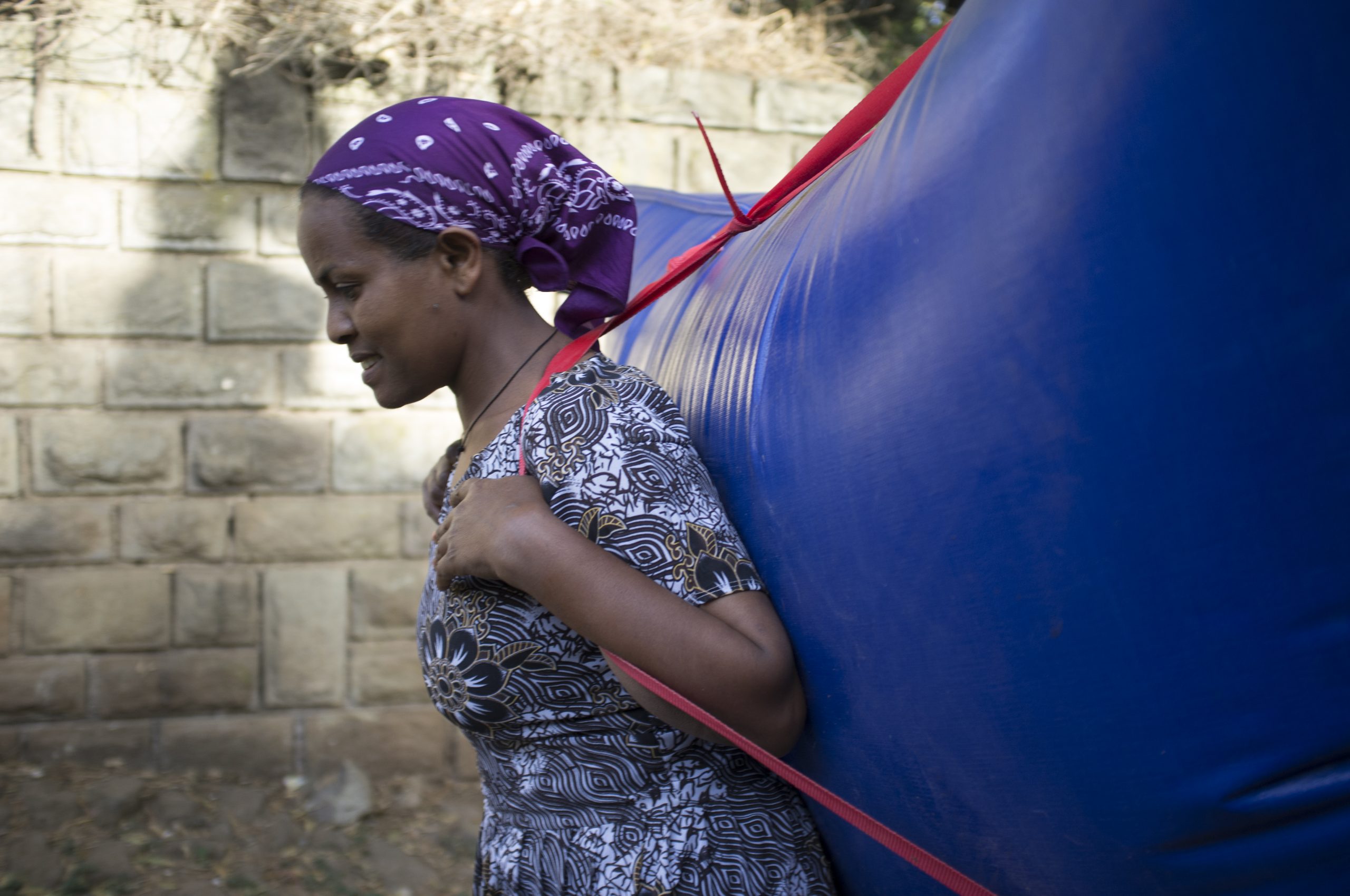A set of a small biogas digester, biogas backpacks and biogas stoves replaces firewood and charcoal for cooking. Not only the technology, but rather the approach of (B)energy proves that a smart business model implemented by local entrepreneurs is much more effective than aid projects funded by western donors. But foreign aid makes business difficult in Africa.
Cooking in Africa is expensive! It is not the food, but the energy used for cooking that has become a major expense for African households south of the Sahara. While still about 80 percent of the households in Sub-Saharan Africa cook with traditional fuels, thus fire wood or charcoal on more or less open fires, this practice consumes up to half of the households’ incomes. These fuels significantly contribute to greenhouse gas emissions, deforestation, soil erosion, loss of soil fertility and lead to severe indoor air pollution with premature death of about 4 million people world wide – annually.
Biogas is probably the cleanest and most sustainable alternative cooking fuel that could be used, but its acceptance and dissemination is progressing only very slowly in Africa. But why?
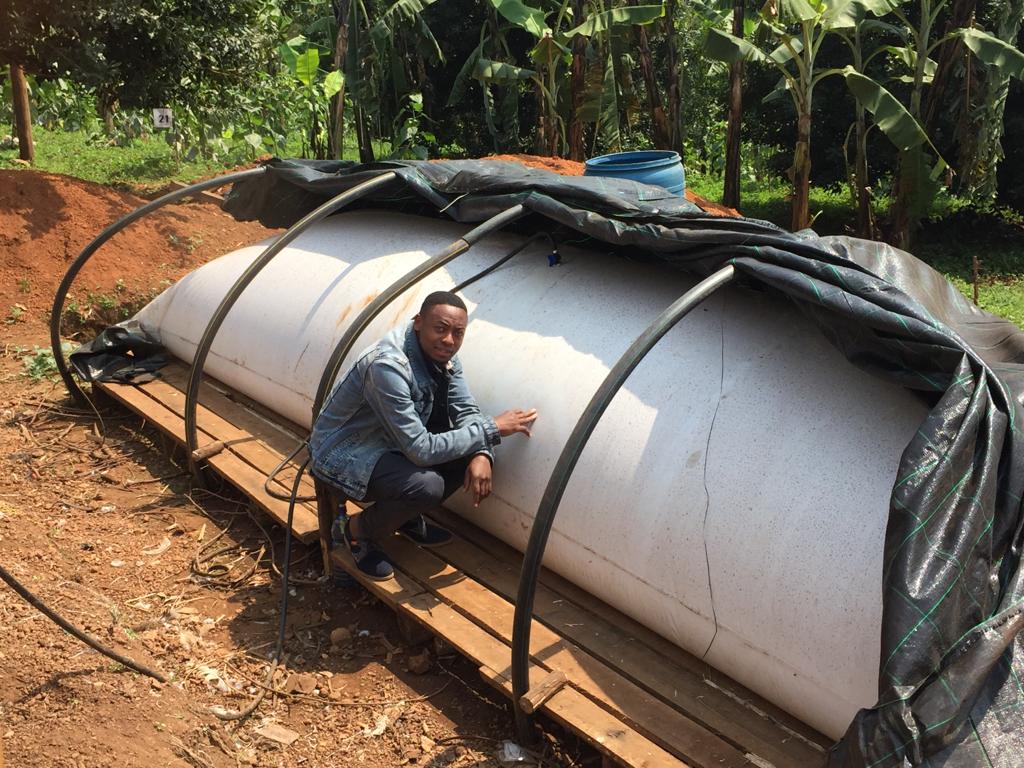
One strategy that has been pursued in several countries is to distribute free or subsidized biogas systems among the population. In Ethiopia alone, over 25.000 household biogas plants have been built in the past 10 years with over 50 million Euros from European tax payers. A program that originally had one major aim: private sector development. Until today the private sector is basically non-existant. No company, including (B)energy, has been able to compete with the heavily subsidized biogas digesters promoted by the Program. Consequently, biogas technology is not freely available on the market, but only for households that qualify for the subsidy. This is one example of many on the continent. In some countries donors and international organizations compete for participants and beneficiaries while by-passing local governments, in other countries there are no activities around biogas at all. In general the few companies that exist in the sector use every chance to take donations or external funding to extend and survive their “businesses”, because the markets are unregulated, there are no rules, no coordination and entrepreneurs are completely unprotected. The consequence of this: there is literally no biogas system on the market that is not somehow subsidized. The amount of subsidy determines the price for the user and the success of the competitors is thus determined by the most successful fundraiser – not innovator. In the end the market is so heavily distorted that nobody will be able to exist in the long term – at the cost of the local population.
When aid organizations or aid money gets involved in biogas dissemination, then the whole biogas sector is put at risk in 3 major ways:
- The reputation of biogas technology is damaged. We often meet people who know biogas as something that is “very expensive and does not work”, because of lack of ownership for free products and missing service
- It reduces the willingness of customers to pay for a biogas system and increases jealousy – if some people get a free or subsidized system, everybody else expects the same or feels treated unfair
- Private sector development is not possible when entrepreneurs have to compete with aid-funded projects or companies. This risk is simply too big for entrepreneurs as there are no competition laws in place that could protect them.
(B)energy does things differently – independent and aid free:
(B)energy gives their partners 3 promises:
- no use of aid money to prevent market distortion
- no participation in donor funded biogas projects to prevent reputational damage of biogas through failed projects
- protection from market distorting activities of international organization as far as in our power
More and more people know about these negative effects of foreign responsibility taking for local issues. All partners of (B)energy work on setting a tangible example of how it can be done differently. By following a fundamentally different approach where the social business rules of Muhammad Yunus are taken very seriously and especially the rule of “economic and financial independence” are implemented strictly: 100% exclusion of Western funding, this means no aid money, no donations, no investment incentives. This leads to mainly local (African) investments that are not interfered with by aid organizations who provide the same product. The aim is to protect the market and those entrepreneurs, who take responsibility in their own countries for their people and a better life for them.
Getting started with biogas as business
To get started is easy: interested business partners participate in a biogas business training where they learn everything about biogas science and technology, practical installation, maintenance and the business frame provided. It includes technical solutions as well as software solutions, legal advice, technical support, import/export support, innovations and licenses, network access and much more. Once the new distributor has started to make the biogas system available on the market in her/his country, independent installers can join. Installers are usually young, active, practical people from all parts of the country, especially from rural areas, who use the chance to build their own biogas installer business. Through an online training and the (B)app installers get trained and guided in setting up their own installer venture. They are also the ones who promote the technology in their surroundings. Their customers, this means the end customers of the biogas systems themselves become entrepreneurs.
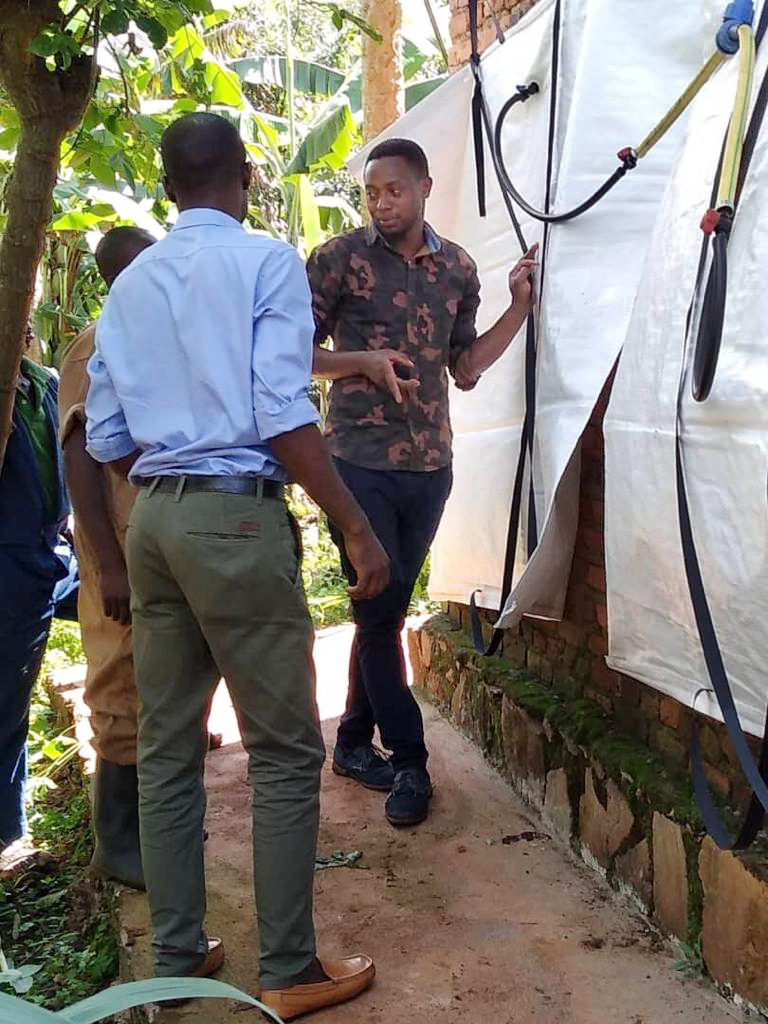
While producing biogas from organic waste and animal manure they are introduced to the idea of selling biogas in the biogas backpack. Biogas serves as a substitute for firewood and charcoal as the combination of the biogas backpack with the modular biogas burner allows neighboring households to comfortably switch their cooking fuel.
However, the practices of market distortion persist and one of the most important services (B)energy tries to provide to their partners is the protection from market distortion. This is done in different ways, for example by limiting access to (B)energy products for organizations that may, to some extent, be engaged in development aid work. If Western money is involved, the organization has to fill-in a matrix that makes market distortion – and its negative impact – easier to grasp and to act upon. The organization will then be advised towards a not damaging approach and a special agreement is signed. Additionally, (B)energy works to nudge and educate organizations, who plan biogas projects, to explore new models and embrace more sensible and considerate approaches. One example of (B)energy’s engagement is the biogas project which is currently taking place in Northern Uganda, where a big European Aid Organization plans to give away 200 biogas systems for free. On this occasion, “Beneficiaries”, only have to contribute with material, space and work time. As you can imagine, this destroys the livelihood of any existing or future biogas entrepreneur in the region – possibly in the whole country. More recently, as a new Western-fuelled National Biogas Program is taking shape in Uganda, (B)energy is preparing to take new action. The social enterprise called a number of international private biogas companies to unite and pin down their demands for entering the Ugandan market in a manifesto. The document wants to show the Western development aid industry that the private sector refuses to contribute to the destabilization of the Ugandan biogas market, for the ethical implications as well as for the lack of business opportunities presented by a highly distorted market while neglecting the structural problems that urgently need to be addressed by those responsible. These are only some examples of the daily actions that (B)energy takes to protect its business partners from the threat, warn them in advance and influence organizations to stop or change their projects.
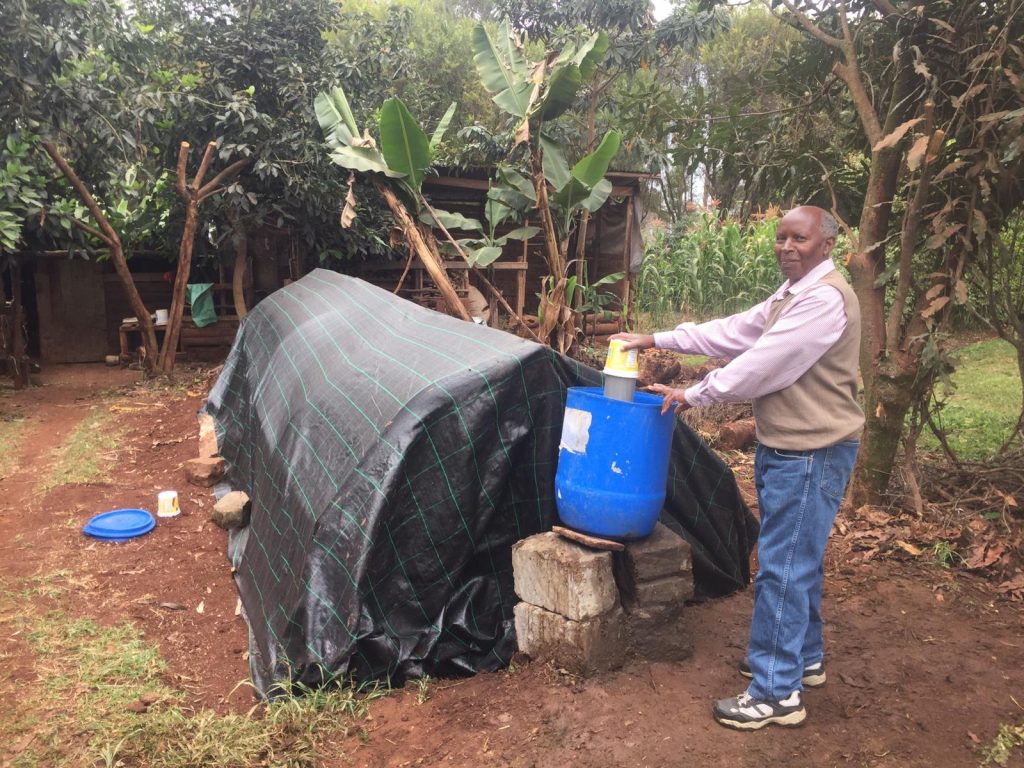
Until the West will acknowledge the damage it is causing, (B)energy will keep fighting back with its social entrepreneurship approach, leading the way to a sustainable biogas market. This model has the potential to change not only the cooking reality of many and protect the climate, but also to create an example of a sector that recognizes its responsibility and its possible impact. Having a code of ethics is the next step on the list.
German agricultural engineer Katrin Pütz is the founder of the biogas start-up (B)Energy and winner of the European Solar Prize 2020. (B)Energy gives people in rural regions of Africa, Asia and Latin America access to clean, innovative and affordable renewable energy. The social start-up turns its customers into energy entrepreneurs and cooperates with them at eye level to build a sustainable local economy without traditional development aid.

